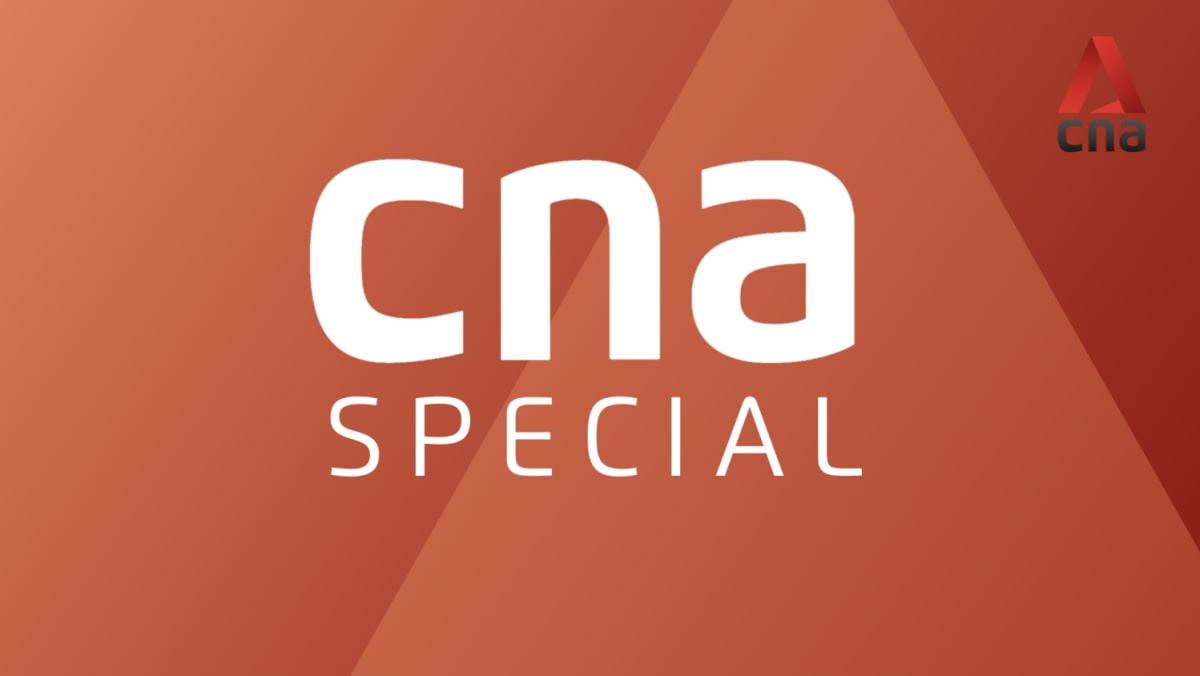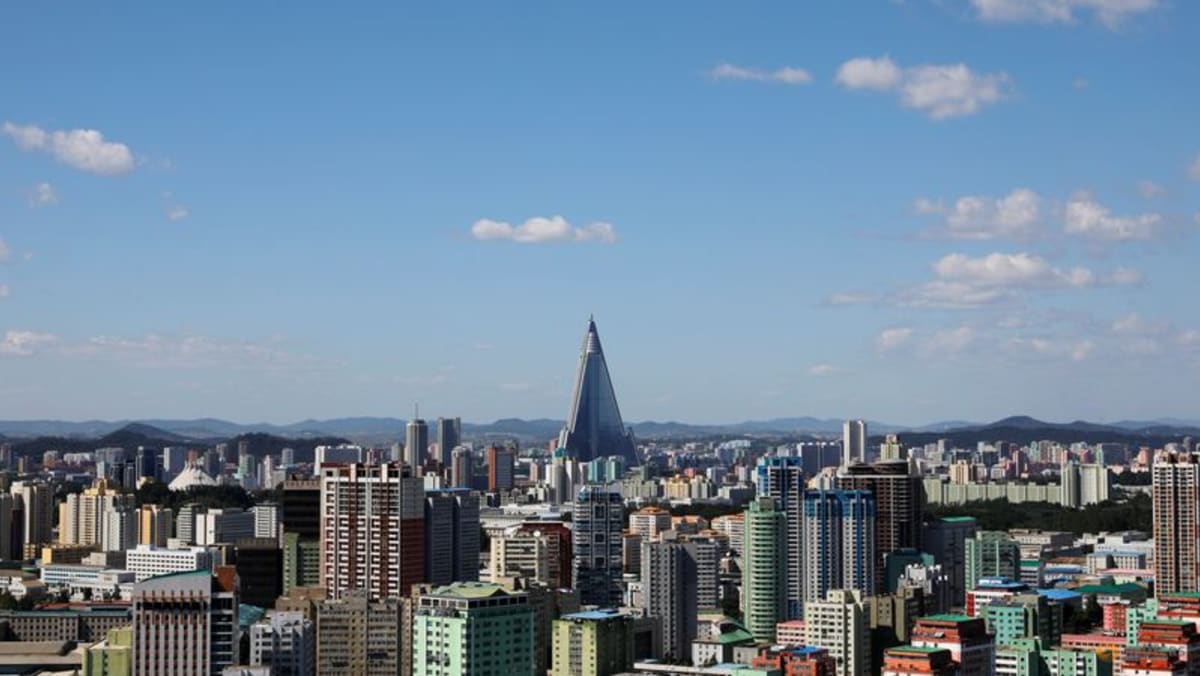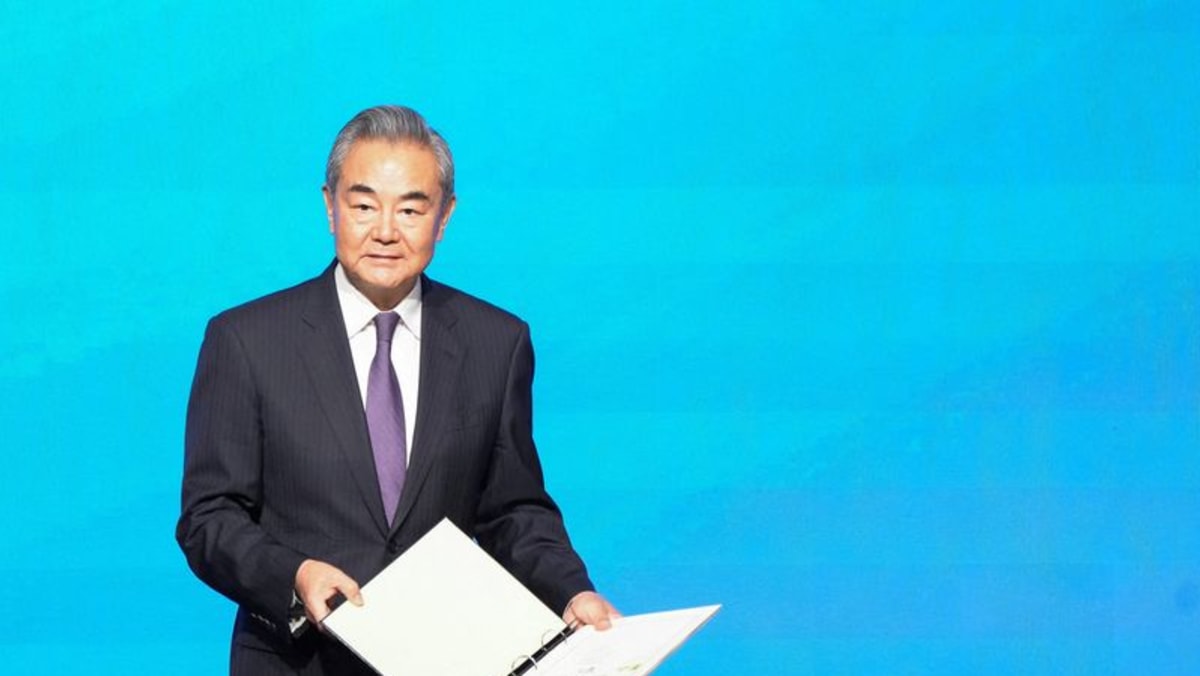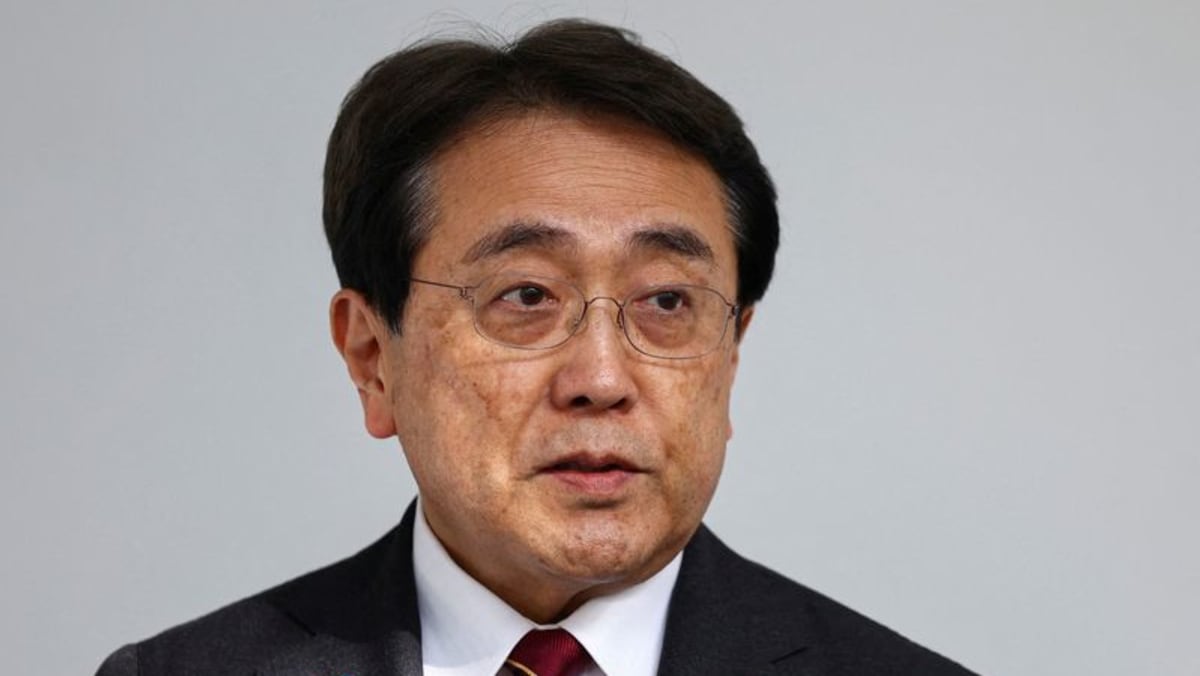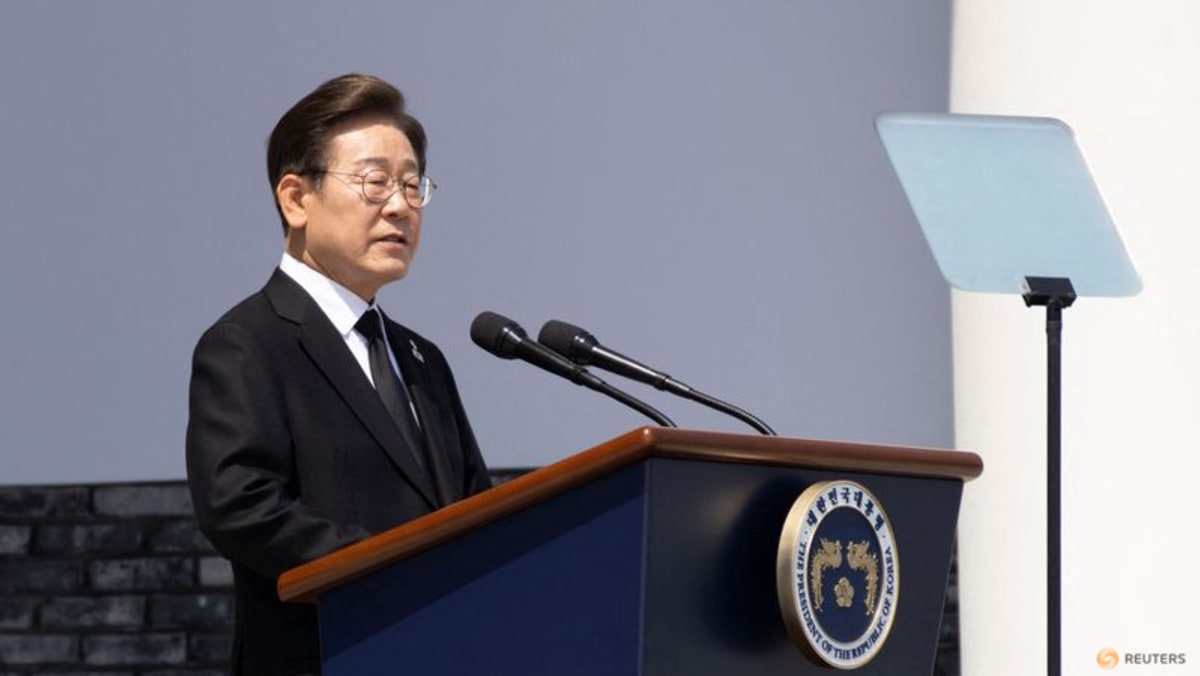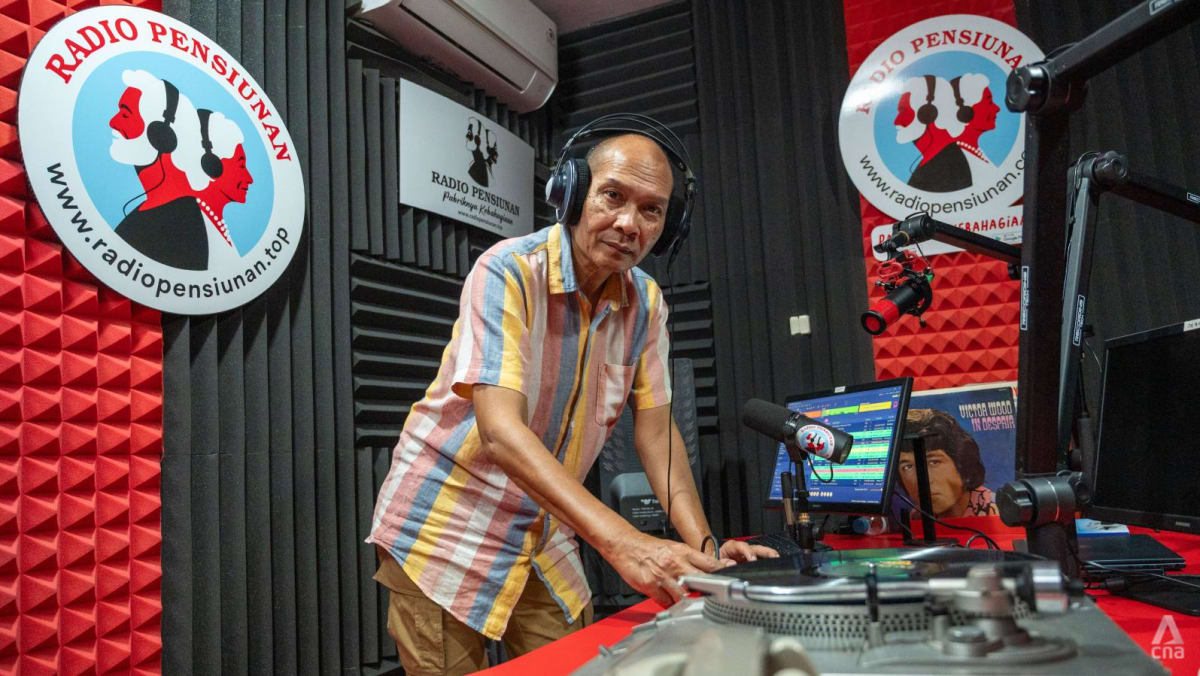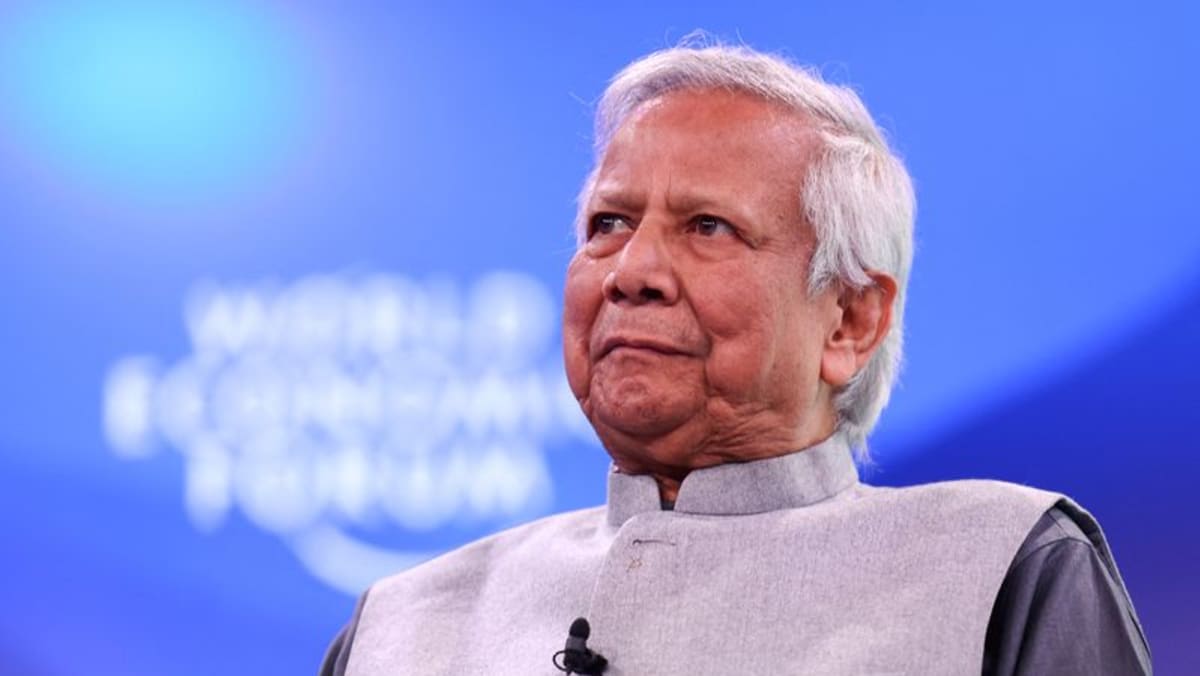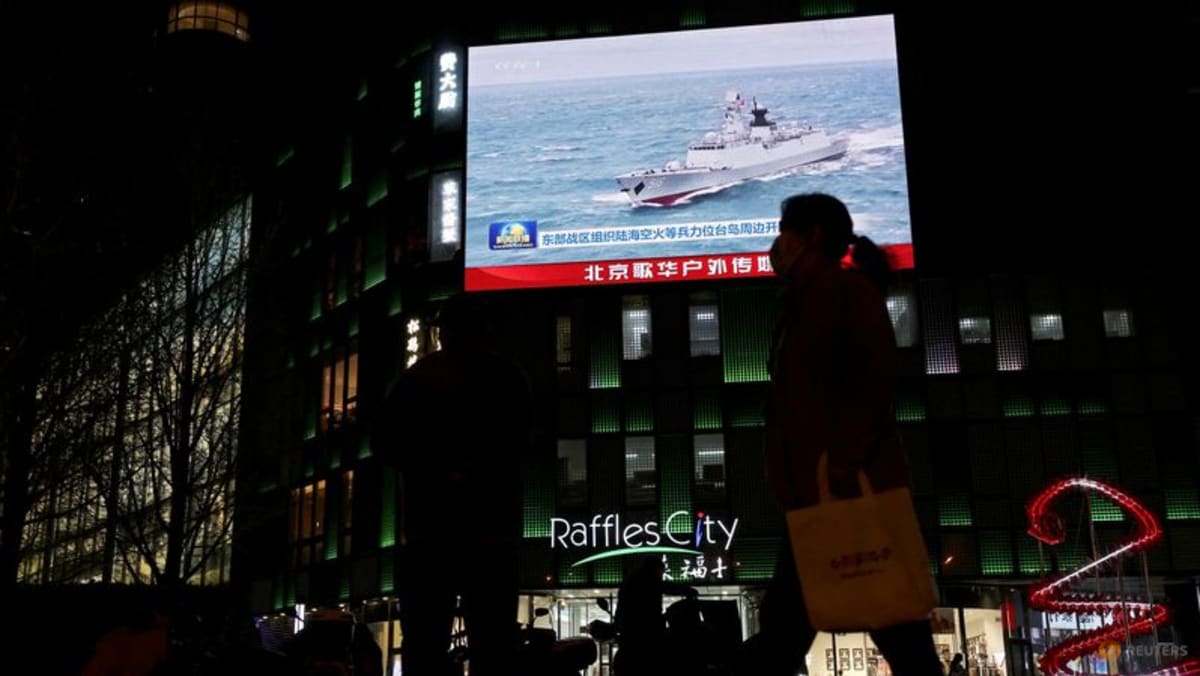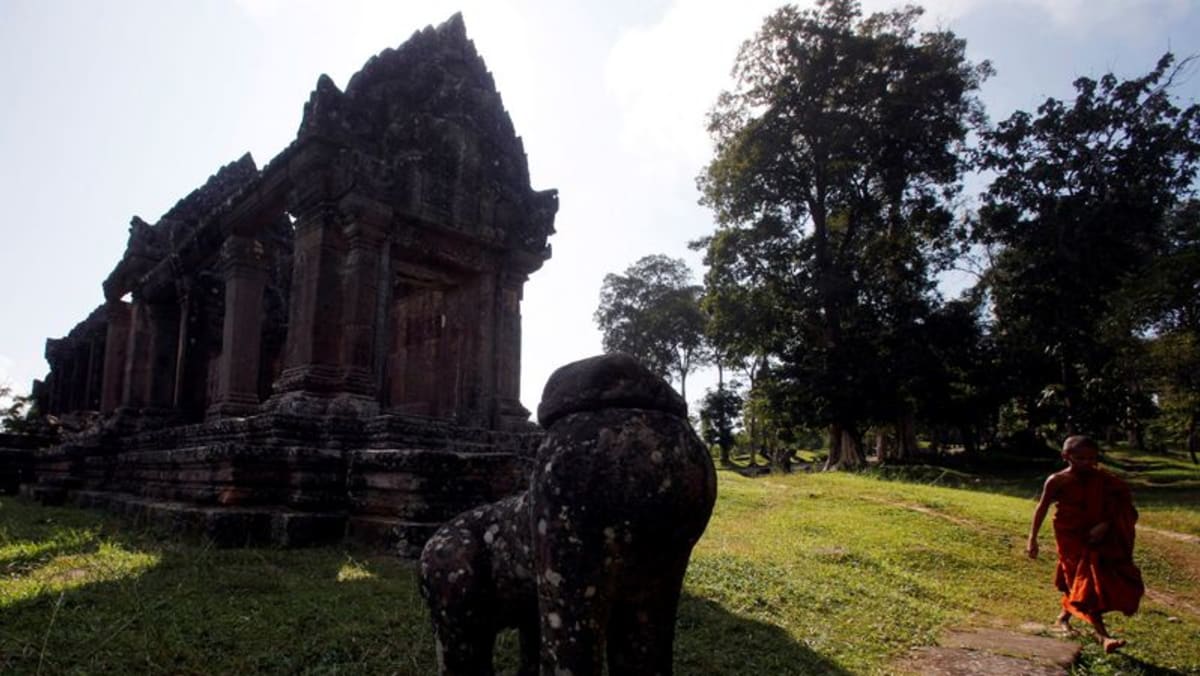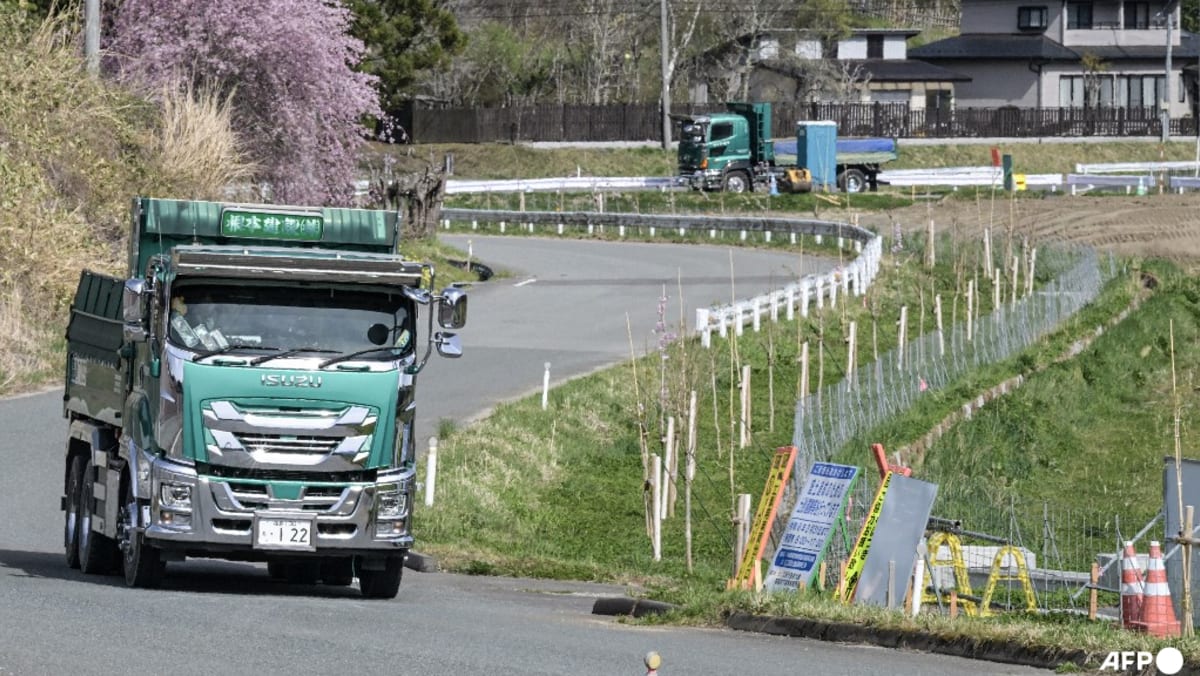Enthusiasm and support from developing countries have also signalled Beijing’s efforts to court the Global South, experts noted.
Global bodies like the ICJ, PCA and International Criminal Court (ICC), “lack objectivity and neutrality and cannot be trusted to deliver justice in global governance”, said Joyce Chimbi, a journalist from Kenya, one of 33 countries which joined the IOMed.
“Africa has long been dissatisfied with the existing world order, especially with international dispute settlement instruments bred in the West, which are often blind to the cultural sensitivities of African states and their societies,” Chimbi told the Chinese state tabloid Global Times after Friday’s signing ceremony.
She also noted the significant role China played in brokering a reconciliation between Saudi Arabia and Iran back in 2023 – a deal hailed as a major step towards peace and stability in the Middle East.
“When China brokered a reconciliation between Saudi Arabia and Iran in 2023, it proved that mediation comes with many advantages, including cultural sensitivities and inclusion. It is also cost-effective, flexible, convenient, fast and easy to implement,” Chimbi said.
Yet not everyone is convinced by China’s growing role as a global mediator.
In an era of tariffs, trade wars and heightened geopolitical tensions, analysts said the Chinese-led mediation body will need to earn global credibility and demonstrate impartiality in resolving conflicts.
“What would happen if its rulings differ from the ICJ and other global courts?” said political scientist Chong Ja Ian from the National University of Singapore (NUS).
WHO’S IN?
Thirty-three countries so far have signed up.
Among them, long-term Beijing allies like Cambodia, Pakistan and Belarus – and Pacific nations like Vanuatu, where competition between the US and China has been escalating. Also joining them are multiple African countries including Algeria, Ethiopia, Kenya, Benin, Cameroon, Uganda, Sudan and Zimbabwe.
“The signatories definitely lean towards (being) more China-friendly, but they are also generally countries China wants to court,” noted China analyst Robert Rust from the US science advocacy nonprofit the Union of Concerned Scientists (UCS).
“Most are also countries in the Global South where China wants to position itself as a global leader.”
Also on the list are Venezuela, Iran and Cuba, which Rust described as countries “targeted or excluded by the US and its connected international bodies to varying degrees”. And for now, the usual China-friendly countries like Russia, as well as Central Asian states, have not signed up as members.
